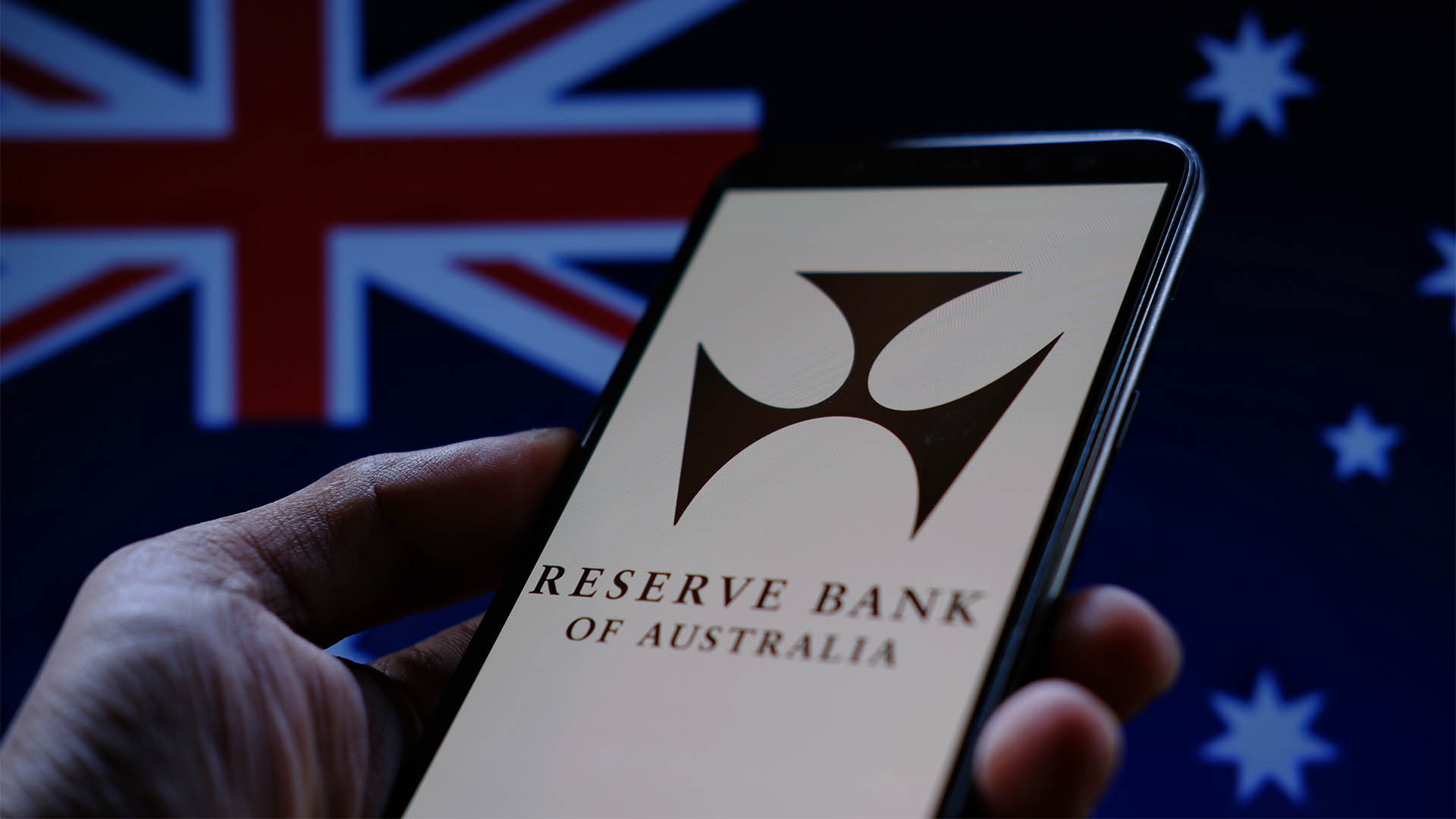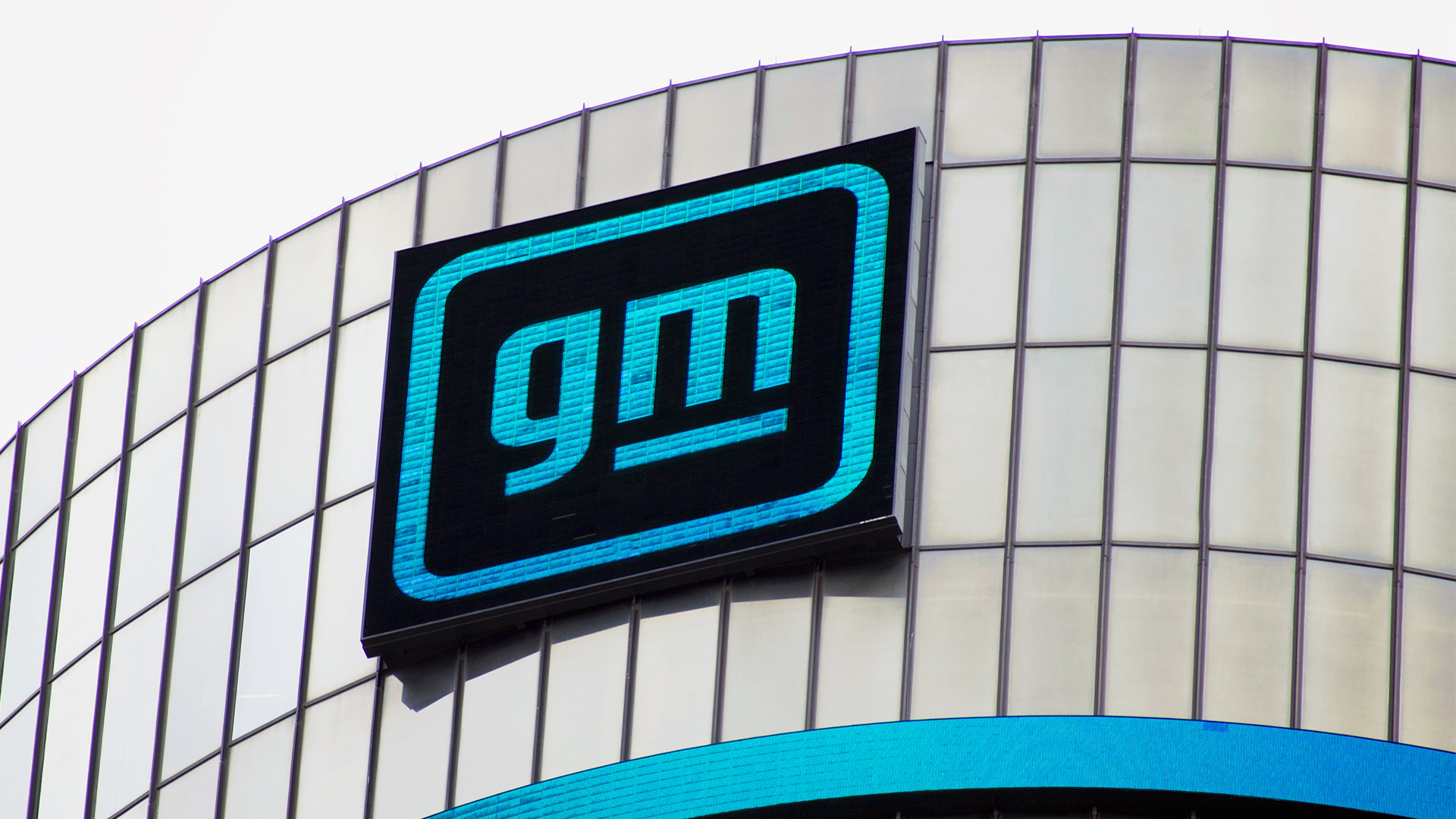The economic news from major Asian economies – China, Japan, and South Korea – wasn’t encouraging at the start of July, the third quarter and the new financial year (in Australia).
South Korean exports hit a three year low in June, Japan’s quarterly Tankan business survey showed big companies losing heart and the June private survey of Chinese manufacturing joined the official government survey in contraction territory with a reading under 50 (which separates expansion from contraction.
Economists say the weak data and sentiment levels can be directly traced to the ongoing trade war between China and Donald Trump’s administration.
The Caixin China survey of manufacturing activity for June fell to 49.4 in June from 50.2 in May, according to Markit and Caixin magazine.
That followed Sunday’s news that China’s official manufacturing activity survey remained unchanged at 49.4 in June, according to the National Bureau of Statistics.
The Caixin reading was below the critical 50 threshold for the first time in four months.
A measure of total new orders slid into contractionary territory in June, pointing to weaker domestic demand.
New export orders also fell below 50, Caixin said, adding that front-loading by exporters to beat higher US tariffs (which have not eventuated) was likely to support this gauge.
Meanwhile the start of quarter Tankan survey from the Bank of Japan yesterday showed sentiment among Japan’s large manufacturers weakened to the lowest level in nearly three years in the June quarter.
The main index measuring large manufacturers’ sentiment was at reading of plus 7 in the three months to June, compared with plus 12 in the previous March survey, according to the Bank of Japan’s quarterly survey.
The reading was the lowest since September 2016 and lower than the forecast for plus 9 from by economists.
The index shows the percentage of Japanese companies saying business conditions are favourable minus those saying conditions are unfavourable. At the moment the negatives are ascendant thanks to the gloom caused by Donald Trump’s trade wars with China, Japan, the EU and other nations.
The survey was conducted between May 28 and June 28. The results do not reflect the apparent easing in tensions over the weekend at the G-20 summit in Osaka.
The survey showed large manufacturers expect the headline index to remain unchanged at 7 over the next three months, while non-manufacturers forecast it would deteriorate to 17 from 23 in the June survey.
A big positive though was the upbeat investment intentions in the survey.
They showed that the spending ambitions of large Japanese companies will be stronger than expected in the coming quarter.
Big companies say they plan to increase their capital investment in the current fiscal year ending in March 2020 by 7.4%, compared with an increase of 1.2% planned three months ago.
For all the talk of the trade wars and weakening activity globally, that is a big vote of confidence in the outlook.
Meanwhile, South Korea’s export performance in June was weak, but not quite as weak as forecast.
The decline in South Korea’s exports did accelerate last month, mainly due to an expected slide in computer memory-chip prices and weak demand thanks to the US trade wars with China, Japan, and Europe.
South Korea’s trade ministry said Korea’s outbound shipments in June fell for the seventh month in value largely due to the falling prices of semiconductors and petrochemicals.
Exports to China, which accounts for one-quarter of the total shipments, fell last month at the sharpest pace since 2009, the trade ministry said.
The ministry said that exports fell 13.5% from a year earlier to $US44.18 billion in June, a steeper decline from the revised 9.5% drop in May. The fall, however, was a touch better than the near 15% slump forecast by the market.
The latest reading was, however, slightly better than the median market forecast for a 14.8% decline.
Imports fell 11.1% from a year earlier to $US40.01 billion after a revised 1.8% fall in the previous month.
Despite the crunch in exports, South Korea’s trade surplus in June widened to $US4.17 billion from $US2.25 billion in May.













